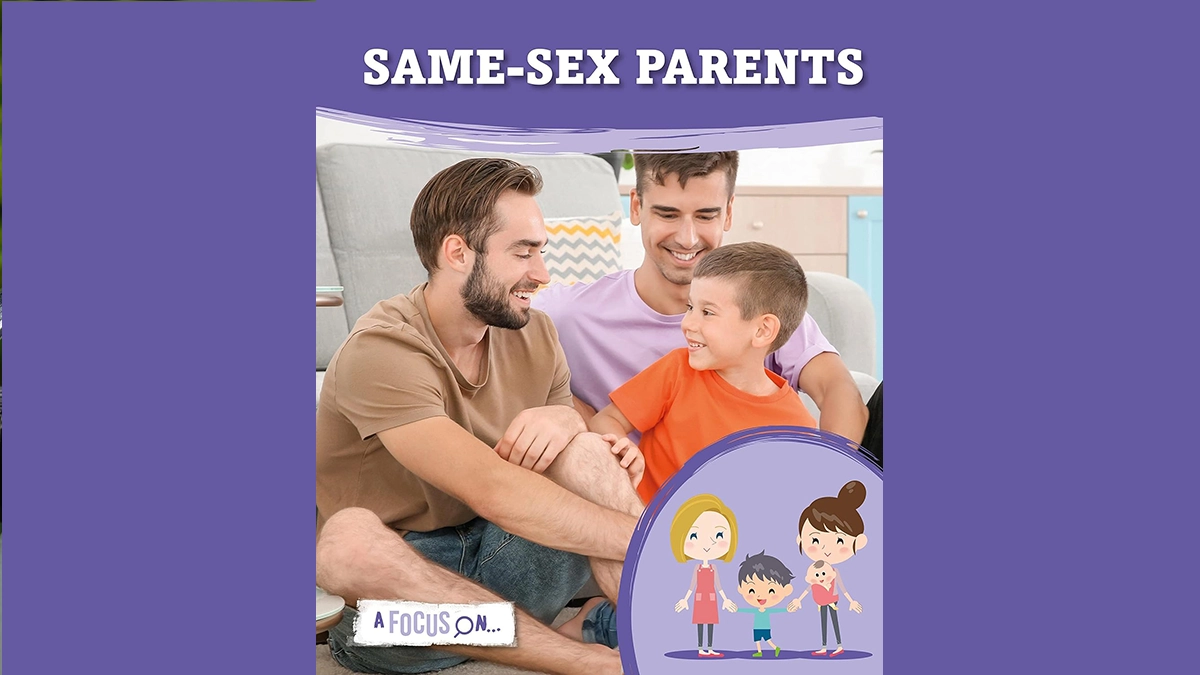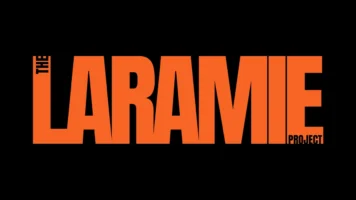Backlash after NSW City Council Votes to Ban LGBTQI Books in Libraries
The Cumberland City Council in Sydney’s west recently made a controversial decision to remove books about same-sex parenting from its libraries, Star Observer reports. This move has sparked widespread backlash and raised concerns about censorship and discrimination.
During a council meeting on May 1, the council voted 6/5 in favour of «taking immediate action to rid same-sex parents books/materials in the council’s library service». The motion was put forward by Councillor Steve Christou says Star Observer, who argued that these books did not align with the values of his community.
Throughout the meeting, Cr Christou made statements such as «our kids shouldn’t be sexualised» and «hands off our kids». These remarks further fuelled the controversy surrounding the decision.
Prior to the council’s vote, there were reports that some libraries in the council area had already started reserving or removing the banned books. A library worker, who requested anonymity, spoke to Star Observer about the decision and expressed their dismay at the lack of consultation with staff members.
«My colleagues and I are appalled by this decision», the library worker said. «Management removed the books without any prior discussion or input from us».
Public Outcry and Concerns about Censorship
The council’s decision has sparked a significant public outcry, with many individuals and organizations expressing their concerns about censorship and discrimination. LGBTQI activists argue that removing these books from libraries sends a harmful message to the community and perpetuates stereotypes and prejudices.
Libraries are meant to be inclusive spaces that provide access to a wide range of information and perspectives. By banning books on same-sex parenting, the council is limiting the diversity of voices and experiences available to its residents.
Furthermore, this decision raises questions about the council’s commitment to upholding the principles of equality and inclusivity. LGBTQI individuals and their families deserve to see their experiences represented and respected in public institutions like libraries.
The Importance of LGBTQI Representation in Libraries
Having LGBTQI literature available in libraries is crucial for promoting understanding, acceptance, and diversity. These books provide valuable resources for LGBTQI individuals, their families, and the wider community.
Children growing up in same-sex families should have access to books that reflect their own experiences and validate their identities. Removing these books from libraries sends a damaging message to these children, suggesting that there is something wrong or abnormal about their families.
Moreover, LGBTQI literature can also play a vital role in educating the general public and fostering empathy and tolerance. By reading stories about different family structures and experiences, people can gain a better understanding of the LGBTQI community and challenge any preconceived notions or biases they may hold.
The Way Forward: Promoting Inclusion and Diversity
It is essential for the Cumberland City Council to reconsider its decision and take steps towards promoting inclusion and diversity in its libraries. This can be achieved through:
- Engaging in meaningful consultation with library staff and the community to ensure that decisions reflect the needs and values of all residents.
- Reinstating the banned books and expanding the collection to include a wider range of LGBTQI literature.
- Implementing diversity training programs for library staff to foster a more inclusive and welcoming environment.
- Partnering with LGBTQI organisations and community groups to host events and programs that celebrate diversity and promote understanding.
By taking these steps, the council can send a powerful message of support to the LGBTQI community and demonstrate its commitment to equality and inclusivity.
It is crucial for public institutions like libraries to uphold the principles of freedom of expression, diversity, and inclusivity. Banning books based on the subject matter or the identities they represent goes against these principles and undermines the role of libraries as gateways to knowledge and understanding.
The backlash against the Cumberland City Council’s decision is a reminder of the importance of standing up against censorship and discrimination. It is through open dialogue, education, and a commitment to inclusivity that we can create a society that values and respects the rights and experiences of all its members.




